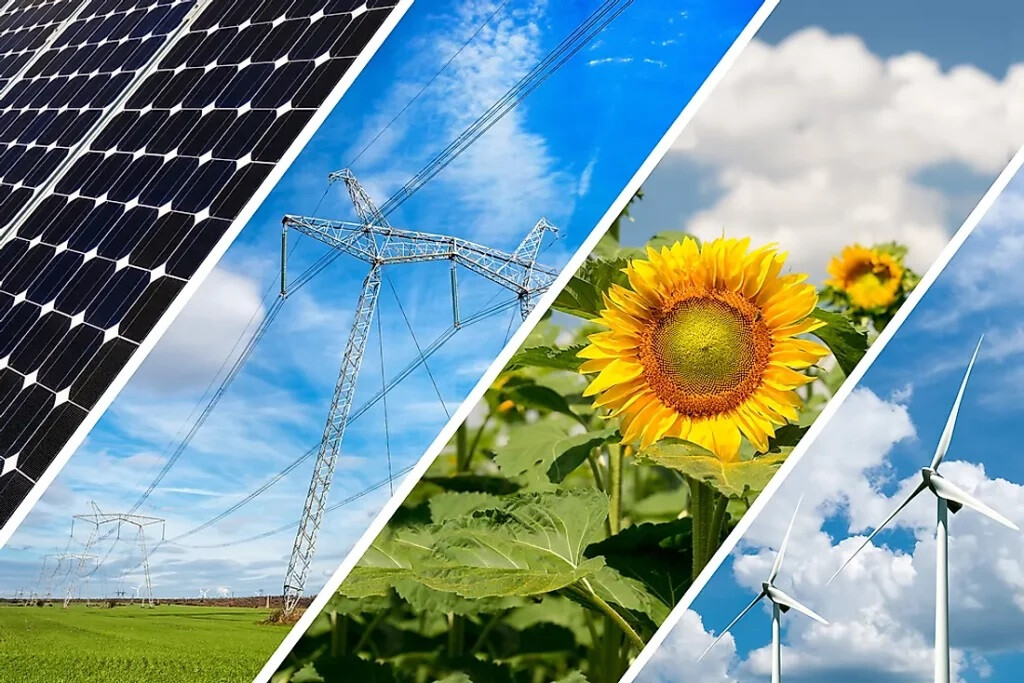
The conventional wisdom that abundant natural resources, particularly fossil fuels, equate to economic prosperity is increasingly challenged by the stark realities faced by numerous nations worldwide. A phenomenon known as the "resource curse" continues to ensnare countries rich in oil, gas, and minerals, trapping their populations in cycles of poverty and instability.
Economists have long debated the impact of resource wealth on development. While some argue that it provides a foundation for growth, evidence suggests that many resource-rich nations lag behind their resource-poor counterparts. This paradox is vividly illustrated by the situations in South Sudan, Venezuela, and Indonesia.
South Sudan: A Nation Drowning in Oil, Starved of Development
South Sudan, a land brimming with oil reserves, produces approximately 149,000 barrels of liquid fuels per day. Yet, the nation remains one of the world's poorest. Decades of conflict, political strife, and endemic corruption have crippled its economy. More than 60% of its population languishes in extreme poverty, living on less than $2.15 a day. The country's meager $1.3 billion annual budget, dwarfed by its neighbors, further hinders development and deters foreign investors. "The oil wealth is not being utilized for the benifit of the people," states economic analyst, John Malual. "Instead it fuels conflict and corruption."
Venezuela: A Petrostate's Descent into Economic Chaos
Venezuela, boasting the world's largest proven oil reserves per capita, has long been a "petrostate." However, this wealth has failed to translate into widespread prosperity. Instead, the nation is mired in economic crisis, characterized by hyperinflation, soaring unemployment, and widespread poverty. The government's excessive reliance on oil revenue, coupled with a systematic erosion of democratic institutions, has fostered corruption and mismanagement. "The lack of diversification of the economy, and the corruption, has destroyed the Venezuelan economy." says economist, Dr. Ana Perez.
Indonesia: Navigating the Murky Waters of Resource Corruption
Indonesia, a major exporter of oil, gas, and other commodities, has experienced significant economic growth. However, corruption within its resource sector continues to impede progress. Despite earning $7.6 billion in oil revenue in 2023/2024, a significant portion of the population remains impoverished. The complex interplay of economic and political interests, coupled with a lack of transparency, makes it difficult to ensure accountability in resource management. "The corruption in the resource sector is a major barrier to sustainable development in Indonesia." says anti corruption activist, Budi Santoso.
Solutions: A Call for Transparency and Accountability
To break the "resource curse," experts emphasize the need for fundamental reforms.
Empowering Citizens: People's engagement is crucial. Educating citizens about their rights and empowering them to participate in decision-making processes can foster transparency and accountability.
Ensuring Transparency: Implementing transparent systems that provide public access to information about resource management is essential. This includes publishing contracts, revenue data, and environmental impact assessments.
Strengthening Accountability: Governments must establish robust mechanisms for oversight and accountability. Collaboration between legislative, executive, and judicial branches, along with independent organizations and the media, is vital.
The lessons from South Sudan, Venezuela, and Indonesia serve as a stark reminder that resource wealth alone does not guarantee prosperity. Only through good governance, transparency, and accountability can nations harness their natural resources for the benefit of all their citizens.
[Copyright (c) Global Economic Times. All Rights Reserved.]



























